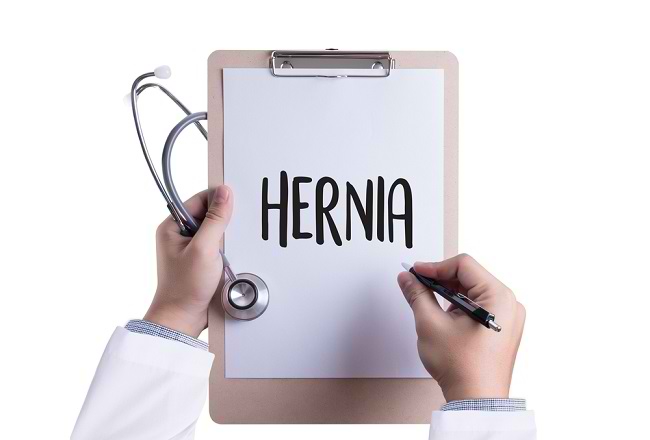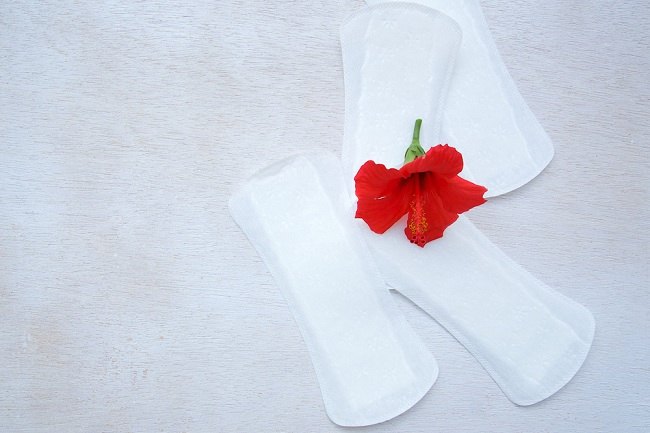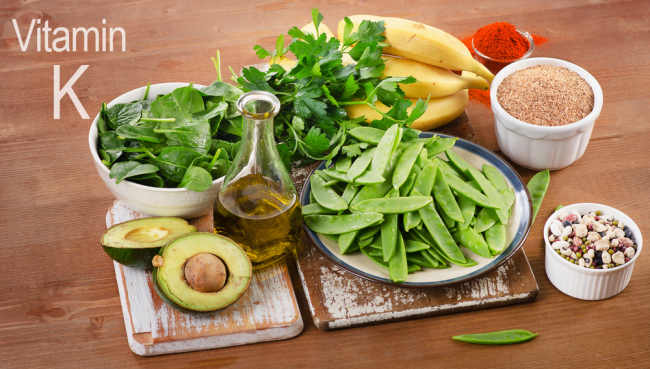Corn flour or cornstarch is a thickening agent that is often used in soups, such as soups and stews. More than that, the benefits of corn flour can also be obtained by people with gluten intolerance, by using corn flour as an ingredient in food.
In the health sector, corn flour is often used as a source of glucose for people with glycogen storage disease or diabetes mellitus glycogen storage disease (GSD). In addition, the benefits of corn flour can also be obtained by patients with gluten intolerance (celiac disease). This is because corn flour does not contain gluten, which can cause indigestion in people with celiac disease.
Benefits of Corn Flour for Patients with Celiac Disease
Celiac disease is a disease caused by an immune system disorder in which the body will experience an allergic reaction when consuming gluten. Gluten itself is a type of protein that is found in grains such as rye, or in wheat flour.
Patients with this disease can experience mild to severe symptoms when eating foods that contain gluten. The most common symptoms experienced by people with celiac disease are diarrhea, bloating, nausea, abdominal pain, and constipation. If you continue to eat gluten-free foods for a long time, people with celiac disease are at risk for serious complications, ranging from malnutrition to small bowel cancer.
To avoid complications, people with celiac disease are advised to avoid foods that contain gluten protein. Replace gluten-free flour with gluten-free flour, one of which is corn flour. Corn flour is the basic ingredient for making gluten-free foods, so it is good for consumption by people with celiac disease. In addition, there are other types of flour that do not contain gluten, such as rice flour, potato flour, sorghum flour, tapioca flour, and peanut flour.
Corn Flour, Gluten Free Products
Products labeled gluten-free, such as bread and pasta products, are usually made from gluten-free flours, such as corn flour. If you have trouble finding the product in conventional stores, you can look for it in stores on line (online).
In addition to products made from corn flour, there are also fresh foods that are gluten-free, including fruits and vegetables, eggs, meat, fish, poultry, rice, and low-fat milk. However, also make sure you eat these foods without a mixture of ingredients that contain gluten.
Various food products that should be avoided if they are not labeled gluten-free include bread, sweet cakes, candy, cereals, French fries, packaged chili sauce, salad dressing, and potato chip snacks. The processing of this food product may have been mixed with other ingredients that contain gluten so it is dangerous for celiac sufferers or people who are sensitive to gluten. Not only that, some medications, vitamin supplements, and food additives may also contain gluten.
To keep your body getting the right and balanced intake, you should consult your doctor first before starting a gluten-free diet.










